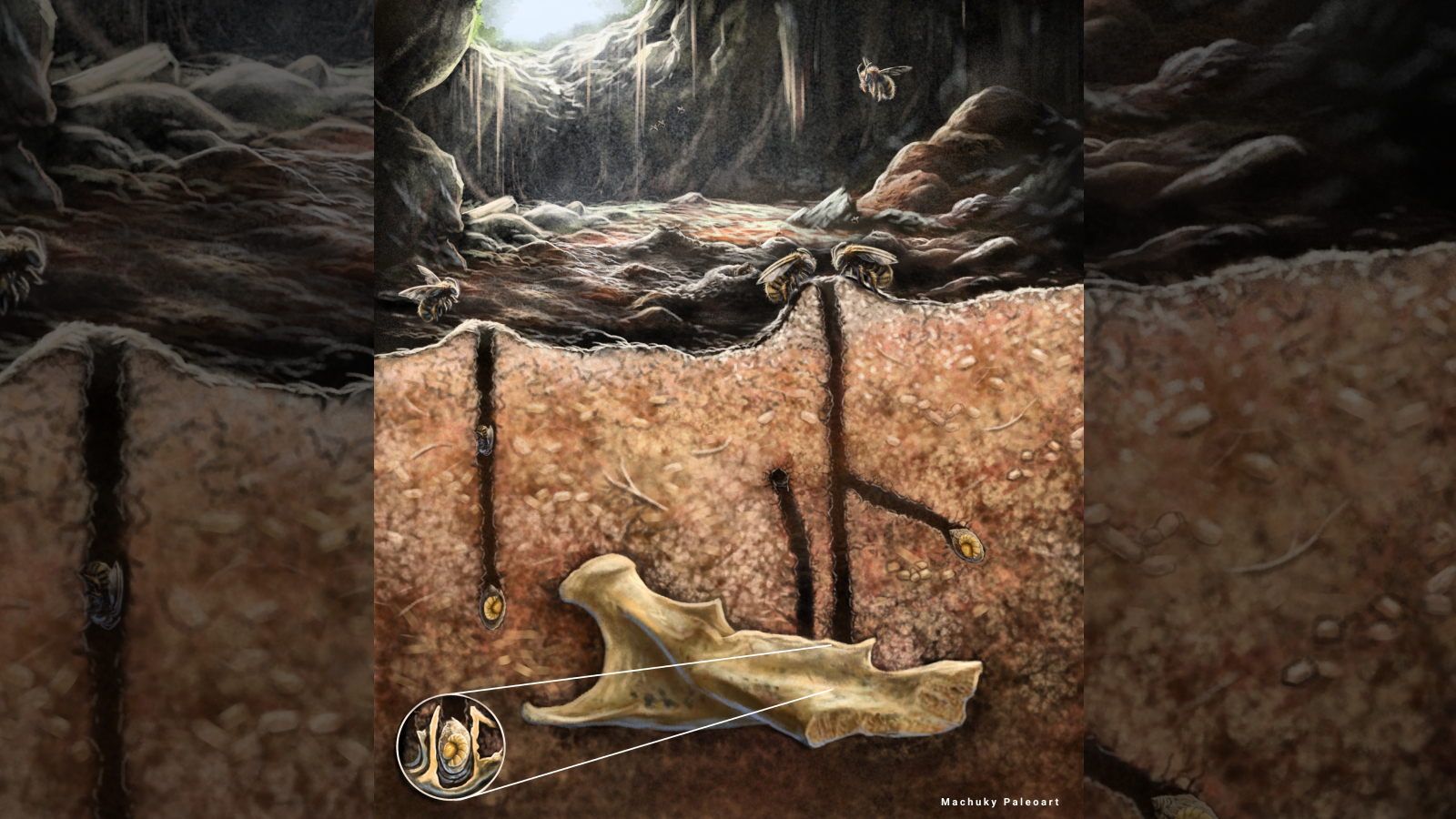Medicine's Dark Side: Docs' Bad Behavior Exposed

Two shocking accounts of doctors behaving inappropriately while their patients were under anesthesia came to light in an essay published today in a respected medical journal.
The reason for publishing these accounts is to expose "dark underbelly" of medicine, and to encourage health professionals to speak up when they see such inappropriate behavior, according to the editors of the journal, Annals of Internal Medicine.
"By shining a light on this dark side of the profession, we emphasize to physicians young and old that this behavior is unacceptable — we should not only refrain from personally acting in such a manner but also call out our colleagues who do," the editors said today (Aug. 17). [7 Medical Myths Even Doctors Believe]
In the essay, an anonymous author described one day when he was teaching a medical humanities class to medical students. He asked the class, "Do any of you have someone to forgive from your clinical experiences? Did anything ever happen that you need to forgive or perhaps still can't forgive?"
One medical student, named David in the essay, spoke up and said that something happened to him that he can't forgive. He said he was helping with a vaginal hysterectomy, a surgery in which a woman's uterus is removed through the vagina. Before the surgery began, the surgeon cleaned the anesthetized woman's vaginal area and inner thighs. Then the surgeon looked at David and said, "I bet she's enjoying this," with a wink and a laugh.
Recounting the story in his medical humanities class, David said he was incredibly angry when he witnessed the incident. "I was just standing there trying to learn," he said. "The guy was a dirtball."
The author asked David if he went along with the joke and laughed as well. David said that at the time, he did pretend to laugh. Then he asked his teacher, the author, if he'd ever been in a similar situation.
Get the world’s most fascinating discoveries delivered straight to your inbox.
The author was silent for a time, but then admitted that he had been in a similar situation, when he was a medical student himself.
The author recounted the story for his class: He had just helped to deliver a baby girl, when the new mother — named Mrs. Lopez in the essay — started to bleed profusely from her vagina. The author called for the obstetrician, named Dr. Canby in the essay, to attend to the patient.
Dr. Canby said the patient had uterine atony, a condition in which the muscles in the uterus do not contract properly after delivery, which causes hemorrhaging. The patient was put under anesthesia, and Dr. Canby placed his left hand inside the vagina to massage the uterus, a procedure that can help the uterus contract. Soon, the woman's uterus contracted, and her bleeding stopped.
"He says something like, 'Atta girl. That's what I like. A nice, tight uterus,'" the author wrote.
“But then something happened that I'll never forget," the author continued. "Dr. Canby raises his right hand into the air. He starts to sing 'La Cucaracha.' He sings, 'La Cucaracha, la cucaracha, dada, dada, dada-daaa.' It looks like he is dancing with her. He stomps his feet, twists his body, and waves his right arm above his head. All the while, he holds her, his whole hand still inside her vagina. He starts laughing. He keeps dancing. And then he looks at me. I begin to sway to his beat. My feet shuffle. I hum and laugh along with him. Moments later, the anesthesiologist yells, 'Knock it off, [expletive]!' And we stop."
The editors of Annals of Internal Medicine said that this essay should make readers' stomachs churn.
"The first incident reeked of misogyny and disrespect — the second reeked of all that plus heavy overtones of sexual assault and racism," the editors said, writing in the journal.
When incidents like this happen in medicine, health professionals may remain silent or feel pressure to go along with the joke of a superior.
"If the essay gives just one physician the courage to act like the anesthesiologist in this story, then it will be well worth publishing," the editors said.
"We hope that medical educators and others will use this essay as a jumping-off point for discussions that explore the reasons why physicians sometimes behave badly and brainstorm strategies for handling these ugly situations in real time," they said.
Follow Rachael Rettner @RachaelRettner. FollowLive Science @livescience, Facebook & Google+. Original article on Live Science.

Rachael is a Live Science contributor, and was a former channel editor and senior writer for Live Science between 2010 and 2022. She has a master's degree in journalism from New York University's Science, Health and Environmental Reporting Program. She also holds a B.S. in molecular biology and an M.S. in biology from the University of California, San Diego. Her work has appeared in Scienceline, The Washington Post and Scientific American.


